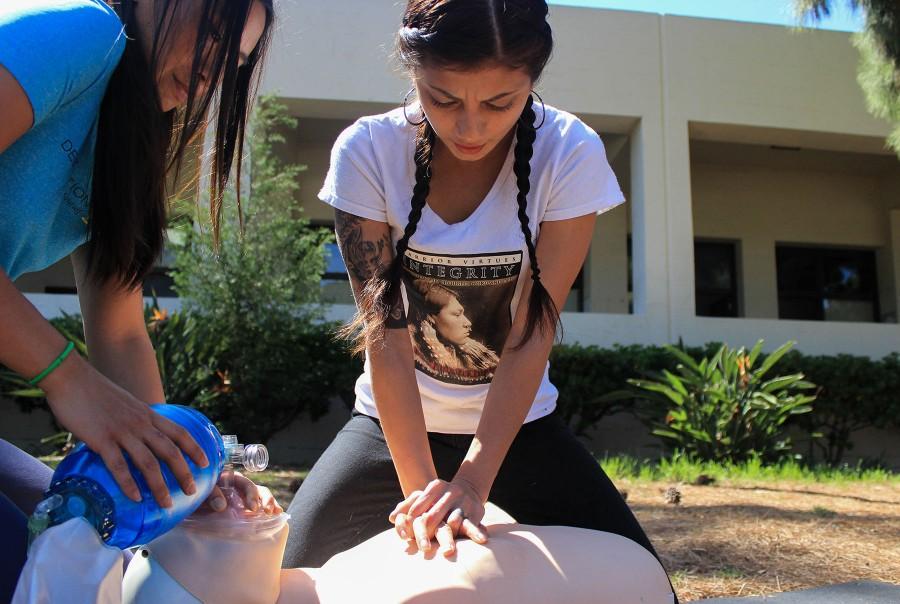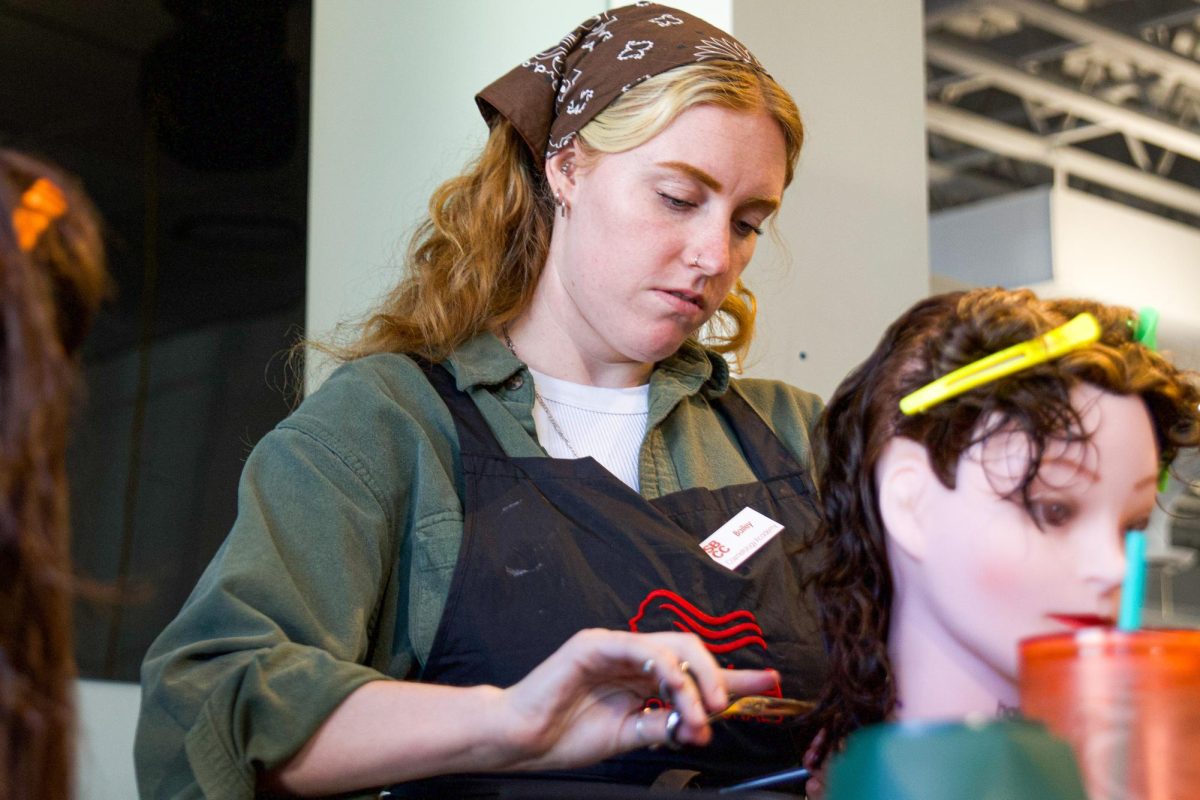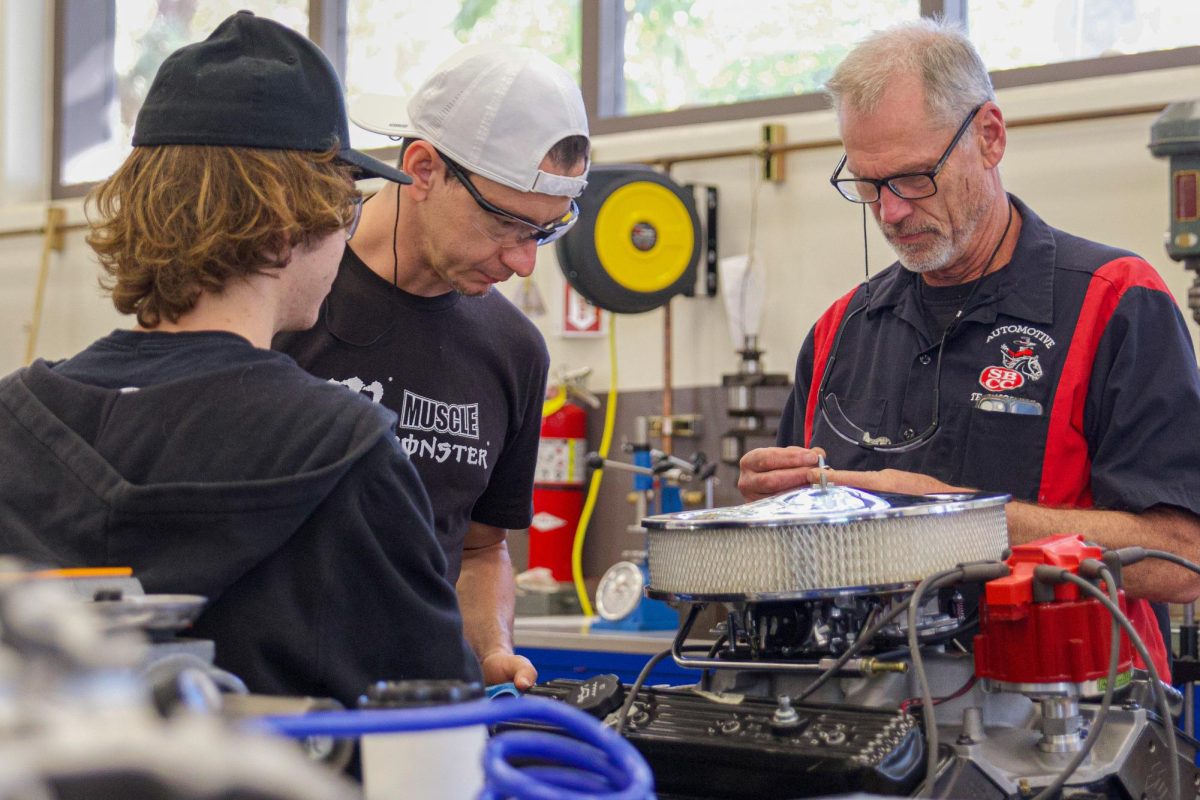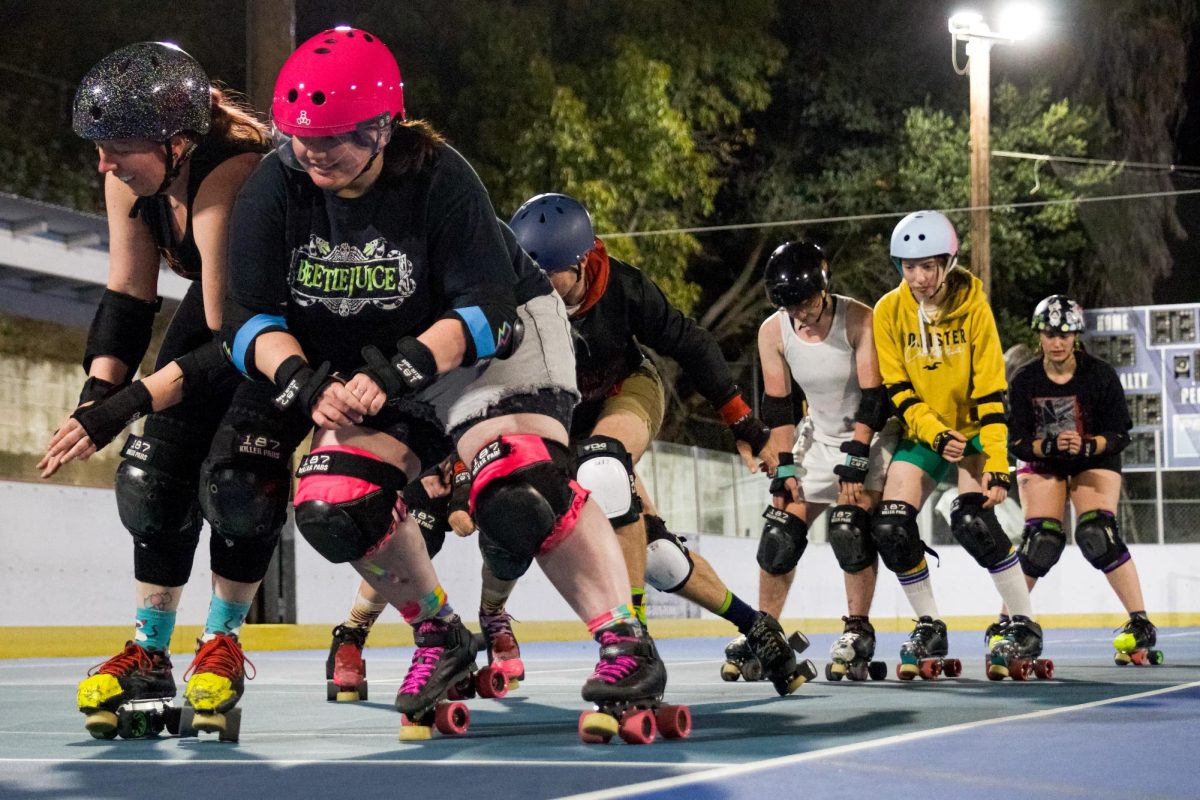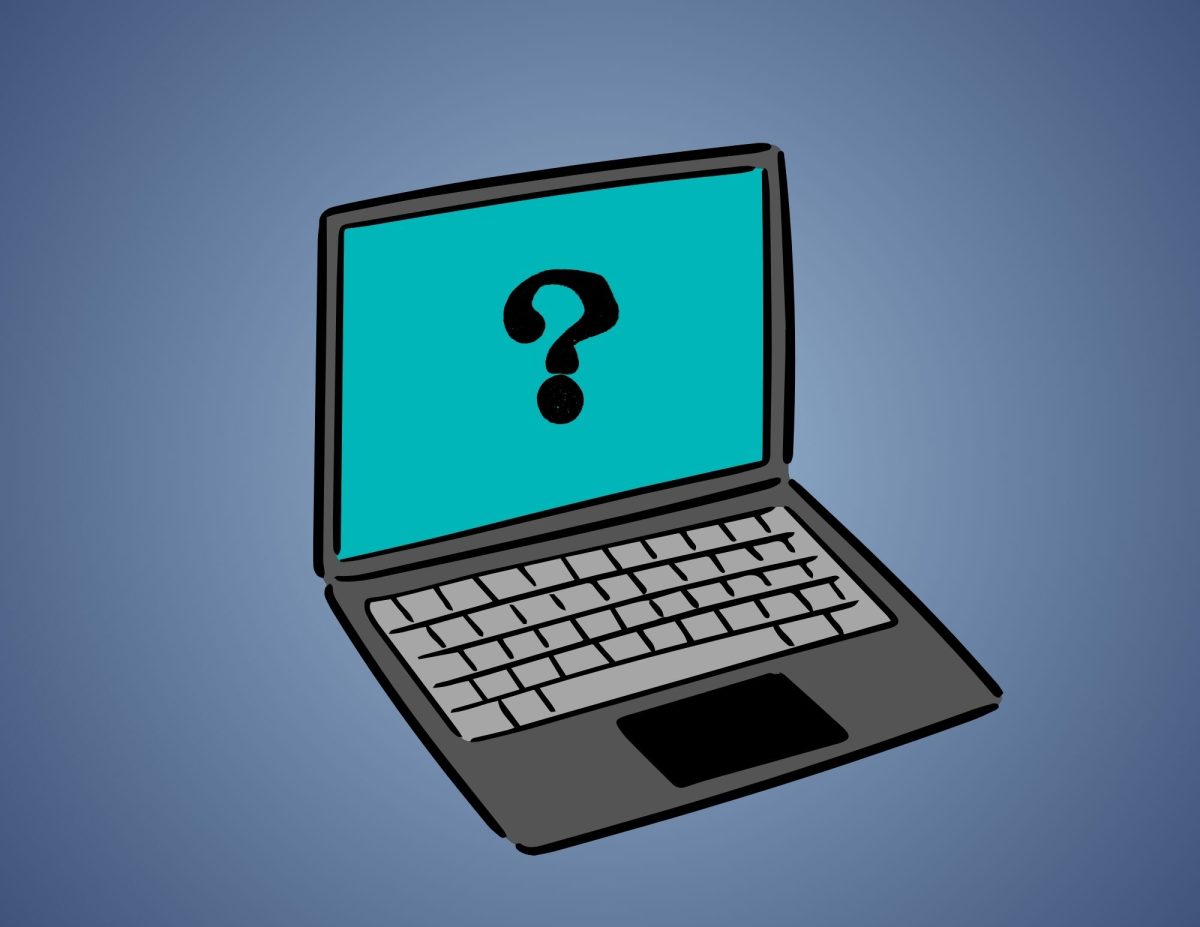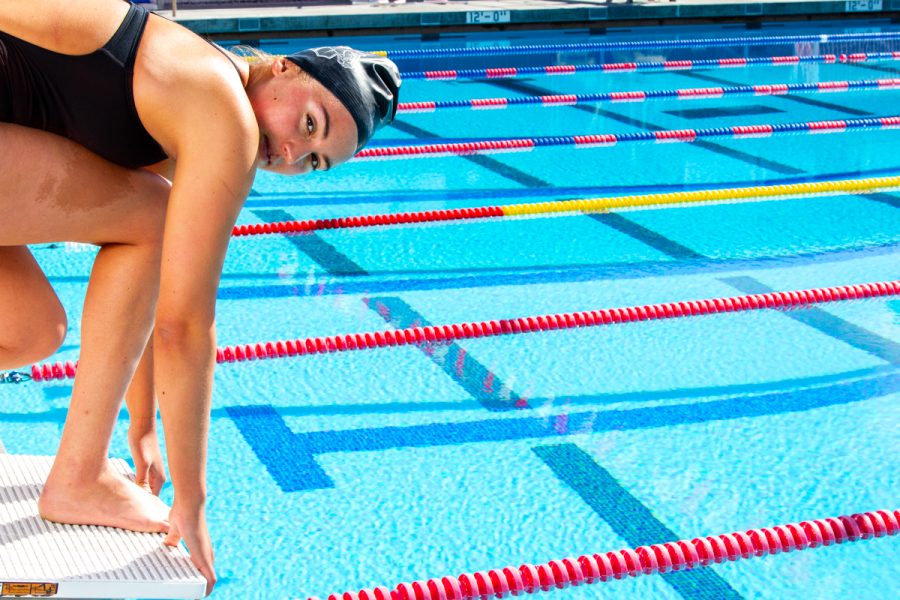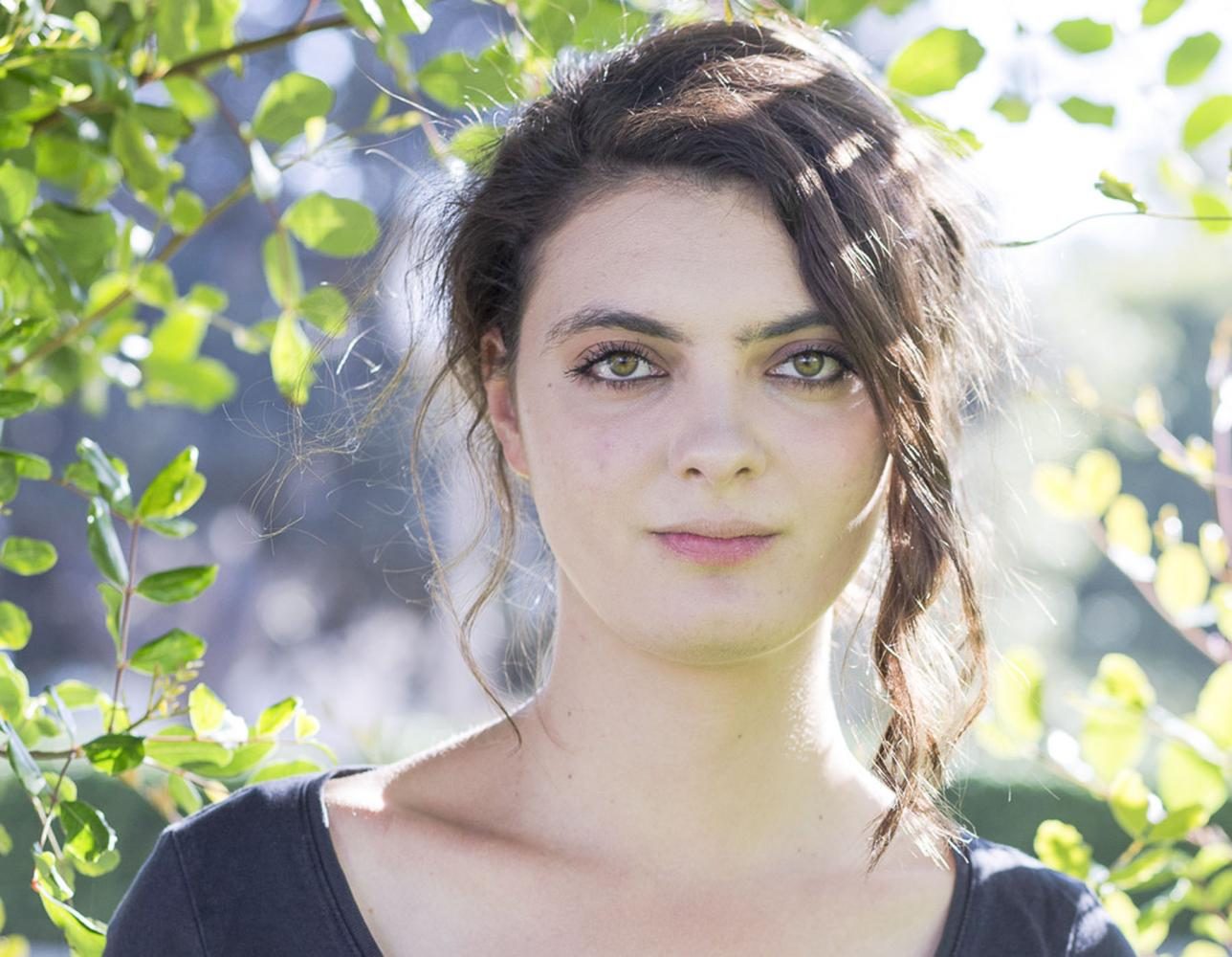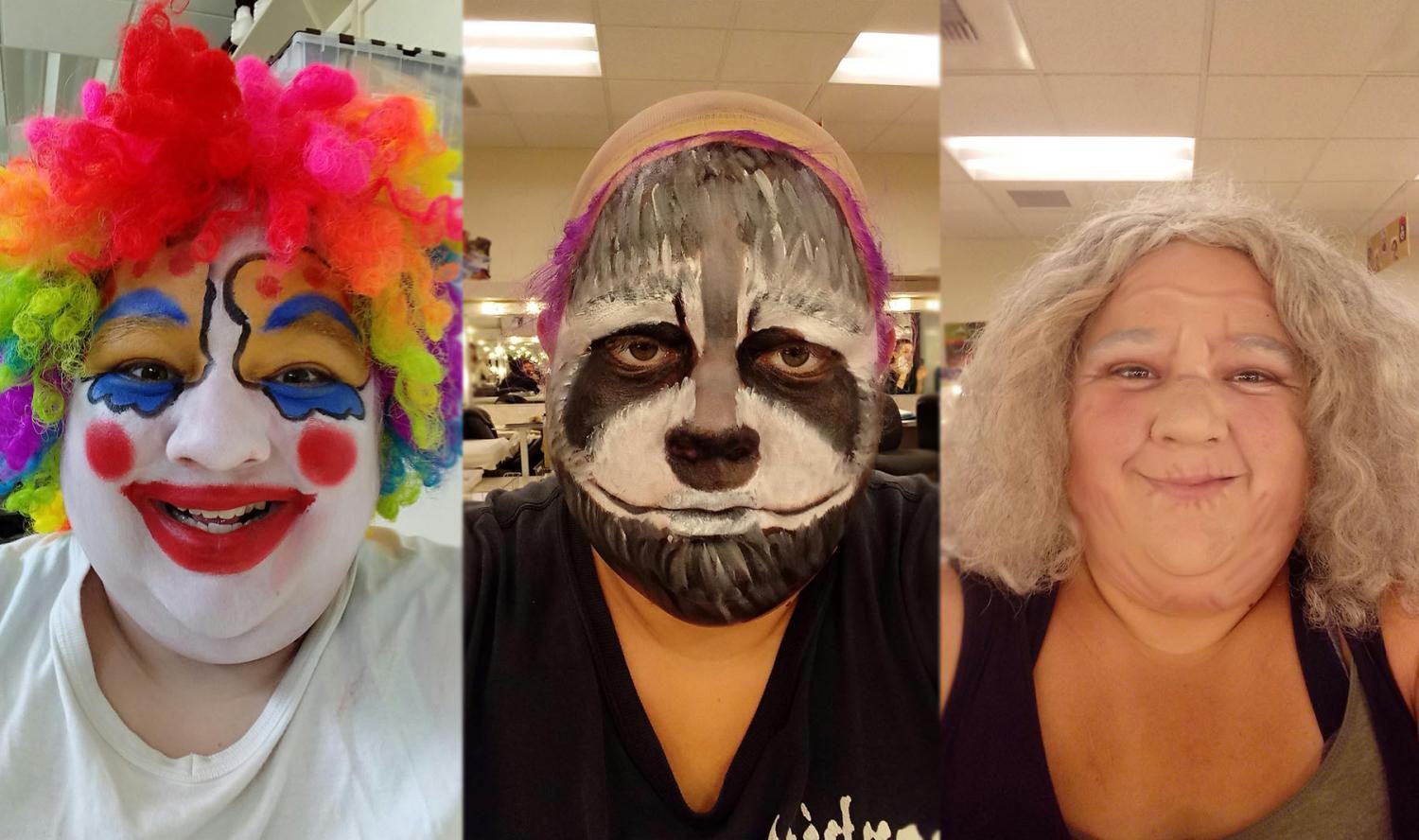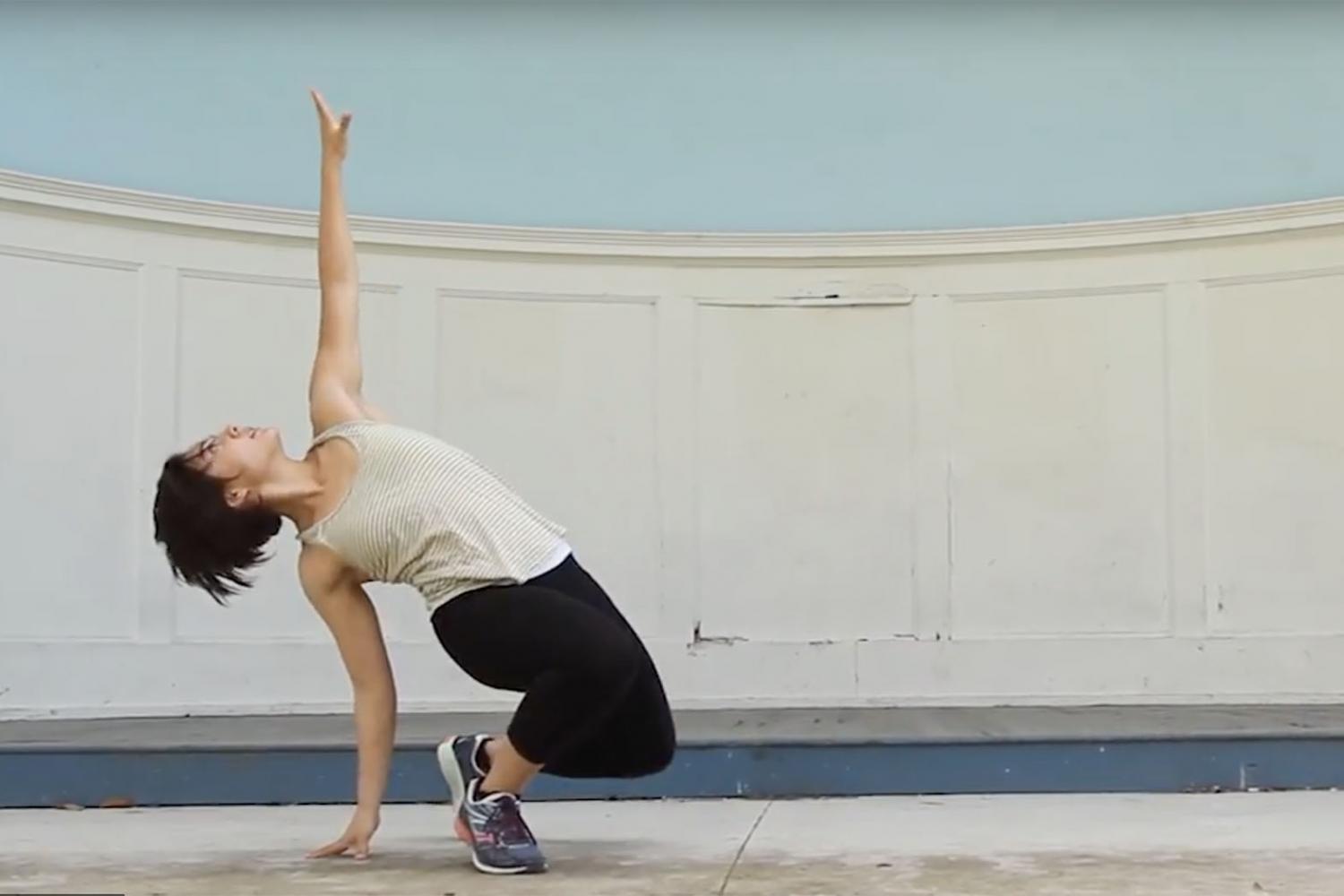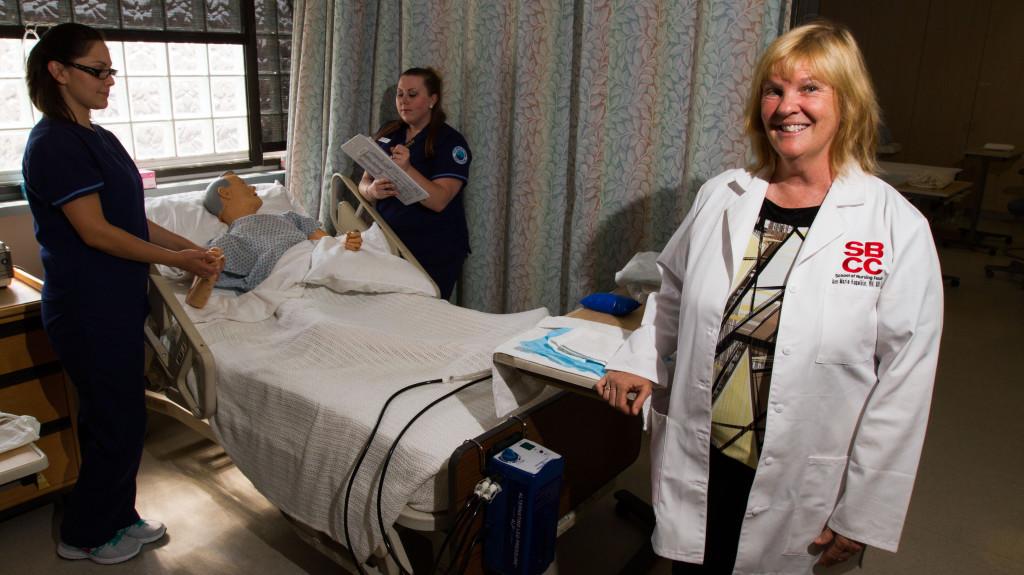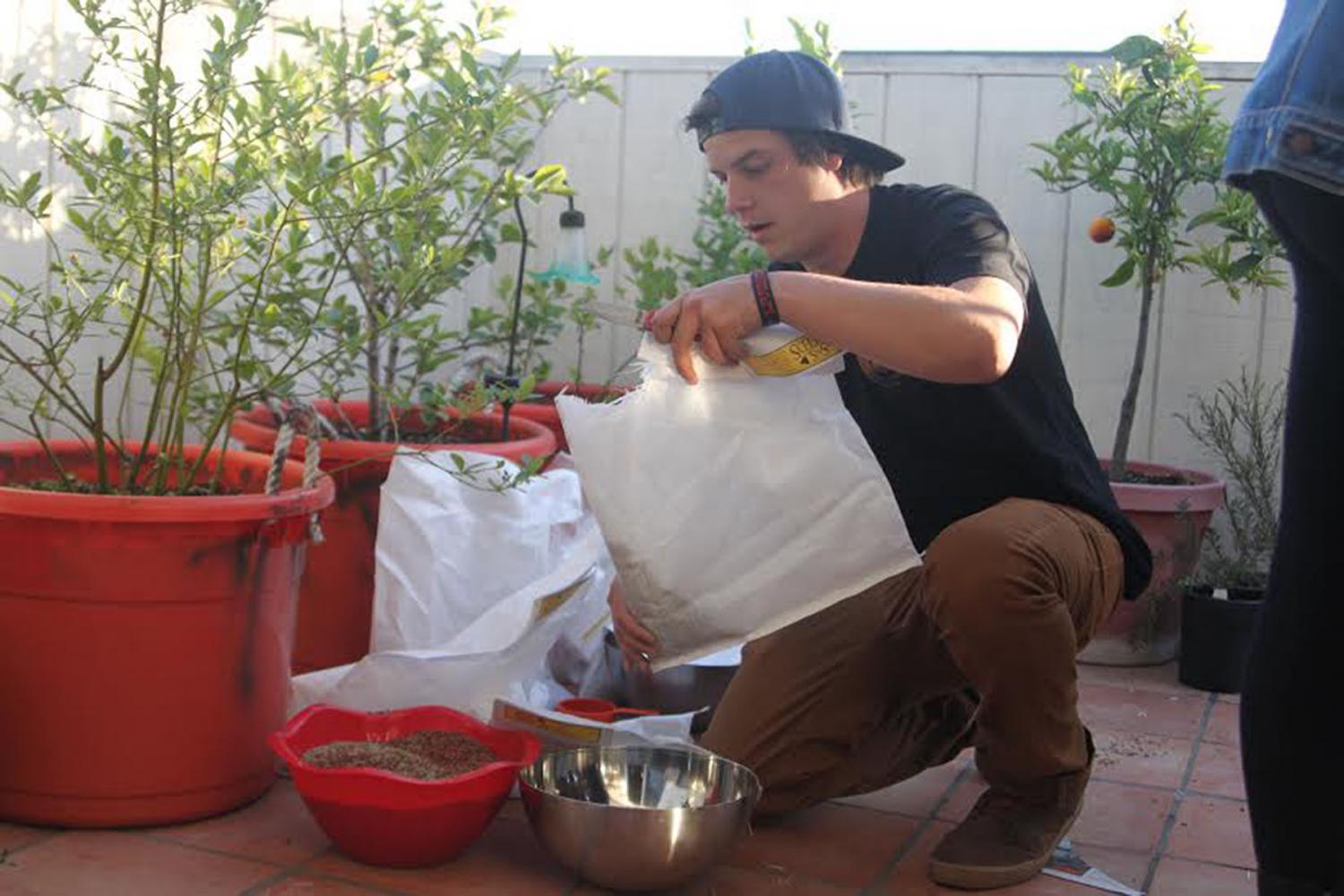After living on various Native American reservations and in Chicano communities around North and Central America, 26-year-old City College student Monica Ivette Casas has the insight and passion of some twice her age.
Casas returned to City College this semester after spending much of the past three years working in these communities. She is now enrolled in the Emergency Medical Technician program to help combat the lack of essential emergency medical skills present in places she visited.
“I would like to become a teacher at some point and bring these skills to youth of color, native youth and undocumented youth,” Casas said.
During her time on the reservations and in urban communities, she primarily worked with youth by facilitating workshops to help them discover the importance of their voice and perspective through creative expression.
Casas also chaperoned extensive trips for the native youth which focused on cultural exchange and revitalization by visiting tribes in British Columbia, Salt Lake City and South Dakota.
“Last summer I went on a traditional coastal canoe journey with youth from the Lower Elwha Klallam Tribe,” Casas said. “For over two weeks, our group was out on the open water paddling for hours every day.”
She also hosted several sessions of a wilderness survival course.
“It was an honor to participate on those occasions and it was also a very real sort of wake-up call,” Casas said. “These were not always safe scenarios.”
Many reservations Casas visited were very remote. If someone were seriously injured or sick, help could be a helicopter ride away.
The emergency response time was also slow in the inner cities and migrant communities she worked in, often paired with high violence and crime rates.
“There are a lot of communities that are underserved, overworked and underfunded. Especially on reservations,” Casas said. “The highest poverty rates in the nation are on reservations. And the quality of care the people there receive [is lacking.]”
“We’re walking wounded,” said outspoken Chumash Elder Marcus Lopez, referring to the violent history of genocide endured by indigenous peoples. Lopez is co-chair of the Barbareno Chumash Council and a friend of Casas.
“We have to heal our community. [Casas’s] effort in this process of helping the indigenous community is essential to every member of our community,” he said.
Casas also travelled to Guatemala with a friend, to study traditional medicine with some K’iche Mayan natives.
There they learned about herbal remedies used as healing techniques in Quetzaltenango, a city in Guatemala. Casas said she was inspired by the people who still lived in traditional ways.
“I would love to have more traditional methods in my arsenal,” said Casas. “There are so many useful ancient methods for healing that are specific to different territories. That kind of knowledge takes a lifetime to acquire.”
For now, Casas is learning skills through the EMT program that she can put to use immediately and eventually teach.
“She’s a giver,” said Lopez about Casas. “This one woman, with this program, wants to share within our community: healing. Our support of each other is crucial at this point. We need to support all the people within the indigenous world. And that is, you might say, the essence of what she’s all about.”
“I came to learn that a major part of being proud and healthy people is having the ability to take care of yourself and those around you,” said Casas.


